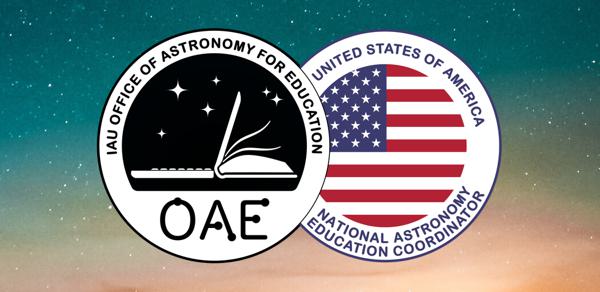Glossary term: Isotope
Description: Atomic nuclei consist of neutrons and protons. The number of protons in a nucleus is the so-called "atomic number", which determines the corresponding chemical element: Atoms with a single proton are hydrogen atoms, those with six protons are carbon, and so on. Atomic nuclei that have the same number of protons, but different numbers of neutrons, are called isotopes of the chemical element in question. Ordinary hydrogen nuclei only have a single proton, and no neutron at all. A nucleus with one proton and one neutron is still hydrogen, but "heavy hydrogen", also called deuterium. Typically, only a few isotopes of a given element are stable. The others will decay radioactively into more stable nuclei.
Related Terms:
See this term in other languages
Term and definition status: This term and its definition have been approved by a research astronomer and a teacher
The OAE Multilingual Glossary is a project of the IAU Office of Astronomy for Education (OAE) in collaboration with the IAU Office of Astronomy Outreach (OAO). The terms and definitions were chosen, written and reviewed by a collective effort from the OAE, the OAE Centers and Nodes, the OAE National Astronomy Education Coordinators (NAECs) and other volunteers. You can find a full list of credits here. All glossary terms and their definitions are released under a Creative Commons CC BY-4.0 license and should be credited to "IAU OAE".








